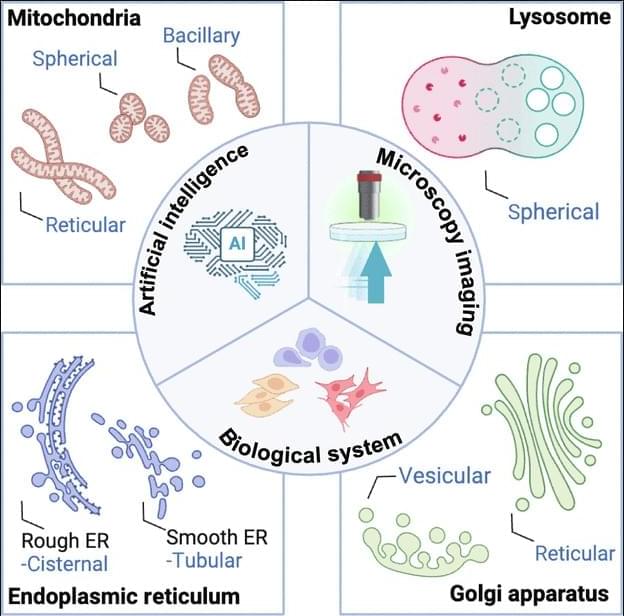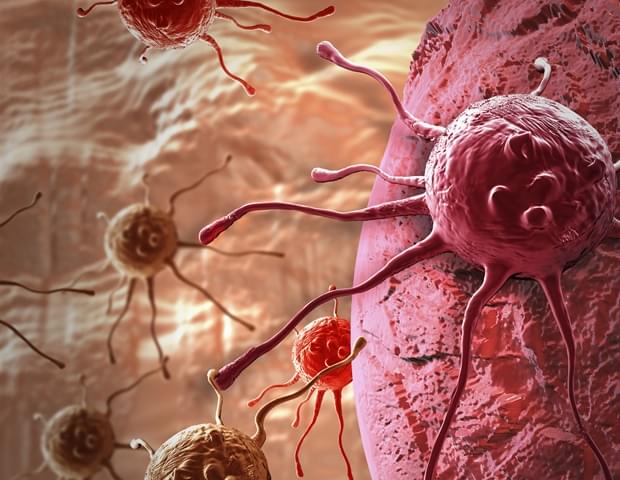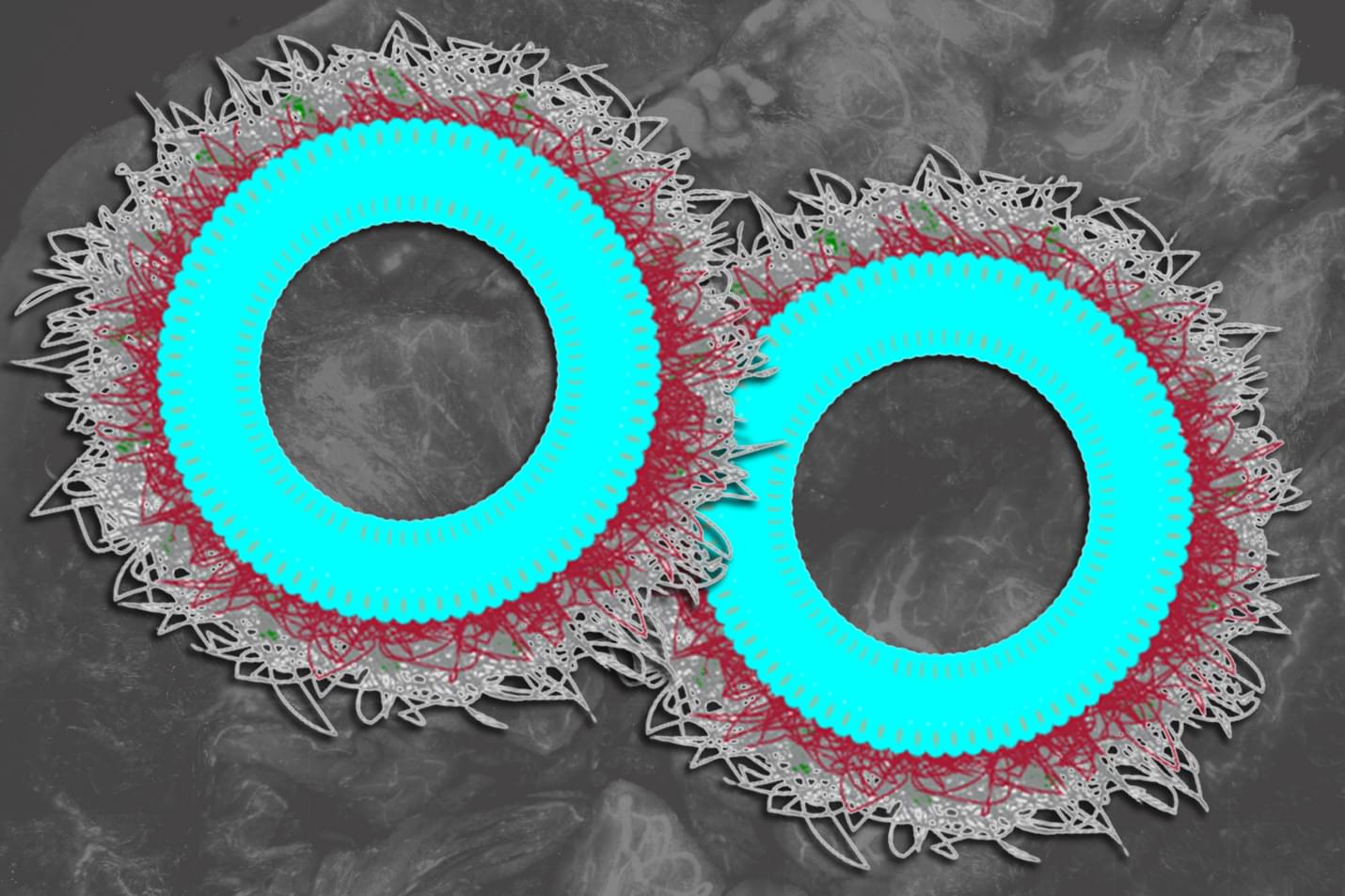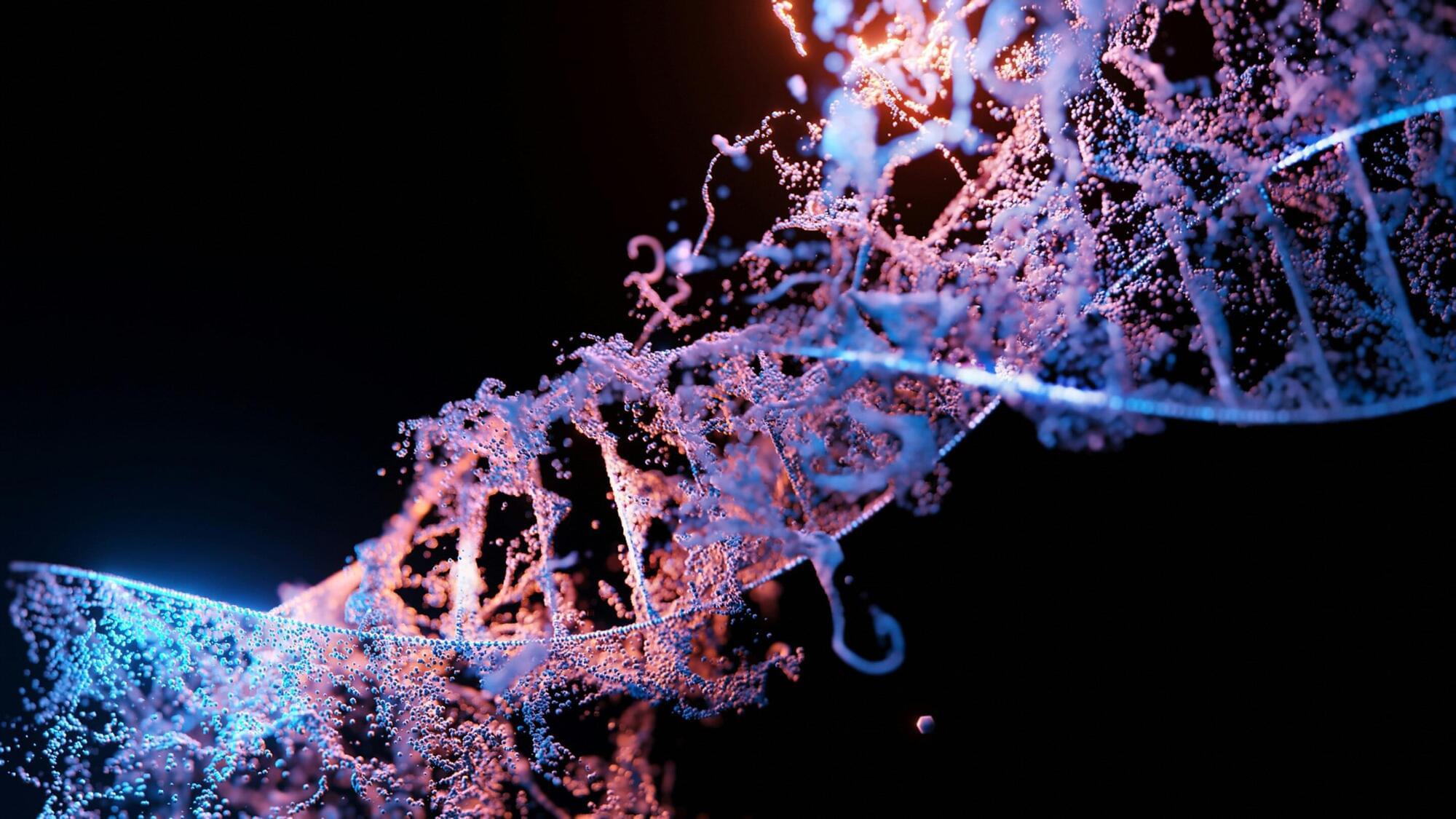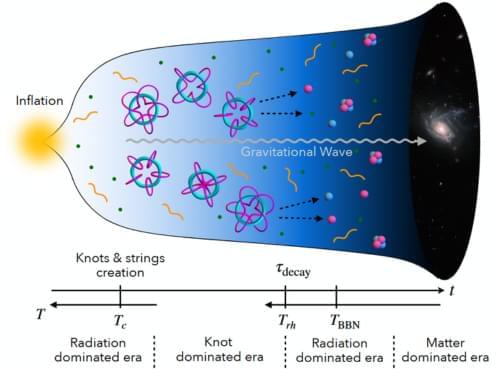JUST PUBLISHED: artificial intelligence for organelle segmentation in live-cell imaging
Click here to read the latest free, Open Access article from Research, a Science Partner Journal.
Investigations into organelles illuminate the intricate interplay of cellular systems, uncovering how specialized structures orchestrate homeostasis, regulate metabolic pathways, and modulate signal transduction. The structural and functional integrity of organelles, including mitochondria, ER, GA, and lysosomes, is critical for cellular health. Deviations in organelle shape and behavior are frequently associated with disease development [51]. Consequently, precise characterization of organelles is crucial for advancing our understanding of cell biology and mechanisms.
Organelle image segmentation is important for extracting precise spatial and structural information, forming the foundation for subsequent quantitative analyses. Unlike whole-cell or nuclear, organelle segmentation is inherently more challenging due to the smaller size, irregular shapes, and intricate distributions of these structures. Additionally, many organelles exhibit dynamic behaviors such as fusion, fission, and trafficking, requiring accurate segmentation across both temporal and spatial dimensions. Advances in segmentation technologies have notably improved the ability to identify and characterize organelles with high-precision accuracy, opening new avenues for understanding cellular functions in health and disease.

